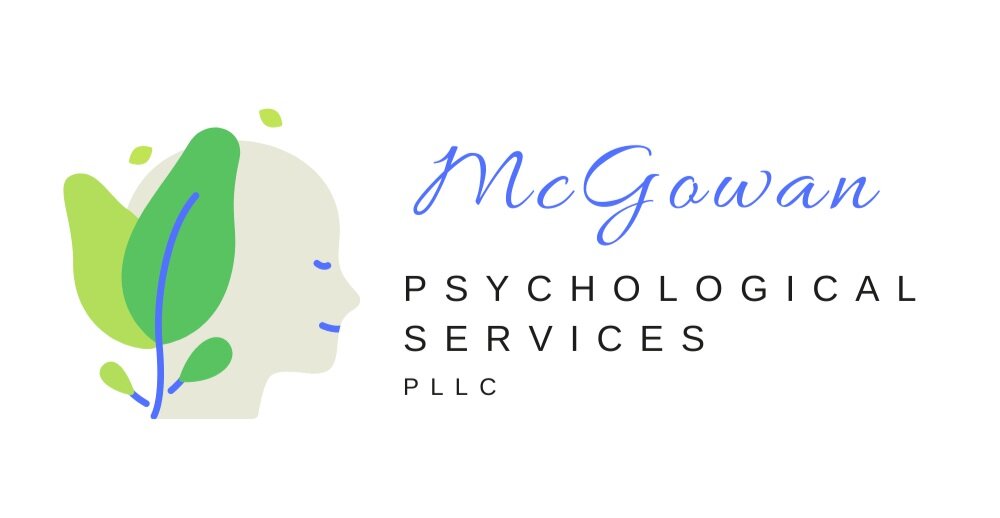How Do I Find a Therapist? — Part 1
Making the decision to enter therapy can be a difficult process. For many people, deciding to begin therapy happens only after many efforts to solve their own problems. This may include reading self-help books, watching YouTube videos for suggestions, seeing what works based on trial-and-error, and turning to family, friends, or clergy for advice. This process may last years.
Once a person makes this important decision, they face the next obstacle of finding a therapist that is a good match for their needs. How discouraging it must be to want to begin therapy only to feel overwhelmed with the decision of choosing a suitable therapist. What makes matters worse is that those who suffer from depression, anxiety, and trauma (among other common psychological conditions) may already struggle with focusing. Some individuals may view the task of finding a therapist similar to climbing Mount Everest and, unfortunately, give up in their search. Below are four steps to help you find a therapist.
Step 1: Determine What You Can Afford.
The first step is to figure out how you will pay for therapy. If you have insurance, contact your insurance company to determine your cost for therapy and go to their website to identify clinicians in your local area that have openings. If you do not have insurance, you need to decide how much money you can afford to pay for therapy. That will help in focusing your search.
Step 2: If Finances are Limited, Check Out University or Community Mental Health Clinics.
If you have limited funds for therapy, there are still options. If you are in this position, the first thing I would recommend is do an online search of local graduate programs in social work, clinical psychology, and counseling psychology as most of these graduate programs have a community mental health clinic. Oftentimes, these clinics offer therapy services at a reduced rate. One benefit of meeting with a graduate student under supervision is that you will get two people for the price of one: the graduate student and their licensed supervisor. In these arrangements, the graduate student will meet with you for treatment but will be required to meet with their licensed supervisor once a week (or more) to discuss your history, concerns, and course of treatment. Although graduate students may not have a lot experience in providing therapy, they make up for this in their enthusiasm, desire to learn, and time they have to think about how to help you. Further, graduate students receive training in the most current psychological treatments.
Another recommendation I have for those with financial need is to look into local agencies that provide free or reduced rate therapy services. Most major cities have agencies that offer this based on financial need and availability.
Step 3: Consider Group Therapy.
If finances are tight, you can also look into whether group therapy may be a good fit for your needs (see my blog post “Why Group Therapy?” for more information about this powerful therapeutic treatment). Group therapy is usually much cheaper in comparison to individual, couples, or family therapy and can be equally effective (or even the treatment of choice) depending on you presenting concerns and goals.
Step 4: Use Therapist Listings to Narrow the Search.
If you have insurance and contacted your insurance company for a list of available clinicians, I would then recommend that you narrow down the list based on those who have expertise in treating people with similar concerns. Most clinicians have either a website or a profile on a therapist-listing website (e.g., Psychology Today or Mental Health Match). These therapist listings allow you to narrow down the list of therapists based on location, expertise, and what insurance(s) they accept. These listings can provide a one-stop shop in selecting a therapist that fits your needs. I would suggest you contact clinicians whose descriptions of their services speak to you, make sense, and fit with what you are looking to get out of treatment.
Hopefully this blog post gives you some ideas about how to begin your search to find a therapist. The next blog post— Finding a Therapist (Part II) will discuss four ways to help you determine if the therapist you selected is a good match for you and your needs. Congratulations on taking this important first step and good luck on your search! If you think we might be a good match based on your needs and goals, please feel free to contact McGowan Psychological Services at 919-241-7972 for a free, 15-minute consultation.

